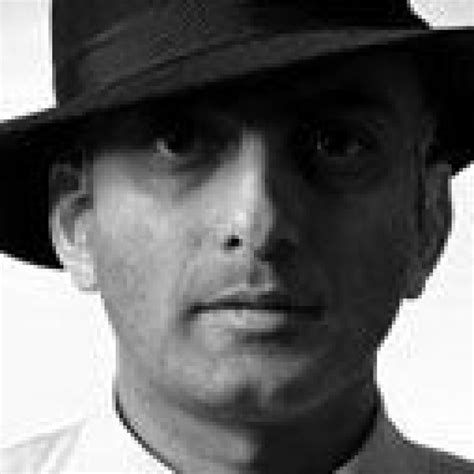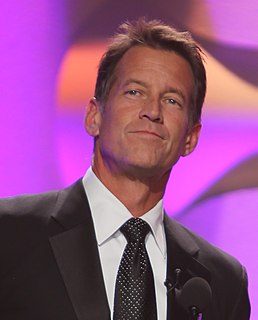A Quote by Zadie Smith
That's the thing about fiction writers: what seems alarming or particular or perverse about them is simply the shape of their brain - they cannot be otherwise.
Related Quotes
My motto is: write about anything you bloody well like; just make sure you do it effectively. We've all had all the emotions, the rest is research and that leap which some can do and others cannot - it's not really something you can learn, otherwise all academics of literature would be wonderful fiction writers.
What writers of fantasy, science fiction, and much historical fiction do for a living is different from what writers of so-called literary or other kinds of fiction do. The name of the game in F/SF/HF is creating fictional worlds and then telling particular stories set in those worlds. If you're doing it right, then the reader, coming to the end of the story, will say, "Hey, wait a minute, there are so many other stories that could be told in this universe!" And that's how we get the sprawling, coherent fictional universes that fandom is all about.
Okay, this is Fran Lebowitz. She gave an interview once for the Paris Review about trying to write fiction and saying that fiction writers start talking about how characters are talking to them, and it's crazy, she's never had that. And I also thought, I'm never gonna be able to do this, because I didn't feel that for a really long time.
I think it's important to humanize history; fiction can help us remember. A lot of books I've read in the past have been so much more important than textbooks - there is an emotional connection with one particular person. I'm very much of a research-is-important type of fiction writer, even for contemporary fiction. I wrote about blogs in America and I've never blogged. But I read many, many blogs - usually about feminist things, or about race, or about hair.
Gardeners (or just plain simple writers who write about the garden) always have something they like intensely and in particular, right at the moment you engage them in the reality of the borders they cultivate, the space in the garden they occupy at any moment, they like in particular this, or they like in particular that.







































